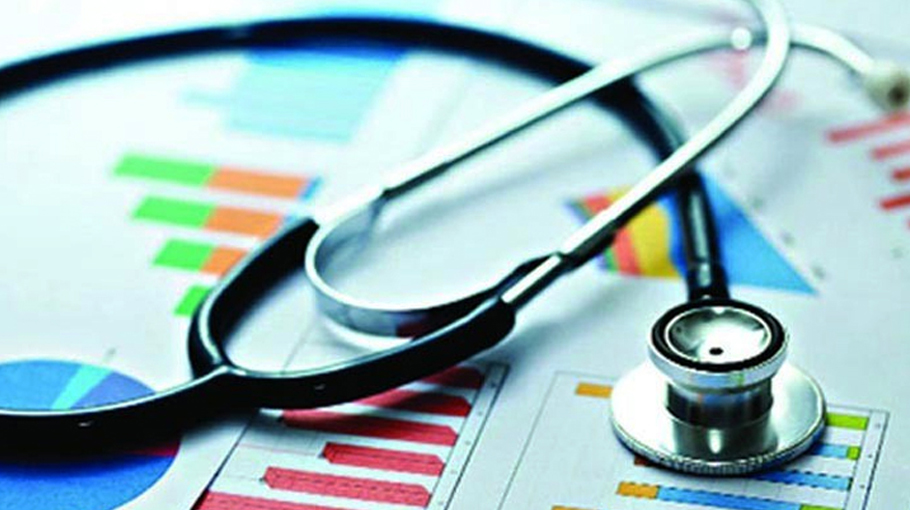Slight rise in health sector allocation

Though he emphasised the government's commitment to bolstering the health sector, Finance Minister AH Mahmood Ali has slightly increased the allocation for the ailing healthcare system in the National Budget for the fiscal 2024-2025.
“In FY2024-25, I propose an allocation of Tk 41,407 crore to maintain the progress of health services, health education and family welfare,” the minister said while presenting the proposed budget.
The allocation for the health sector in the budget for 2023-24 fiscal year was Tk38,051 crore.
With the new allocation, the health sector received 5.2 percent of the total budget and it also represents 0.7% of the GDP.
“Ensuring universal health and nutrition is one of the basic principles of our government. We are working to implement this principle. Specially, we are working diligently to build a healthy, strong and lively population by providing affordable quality Health, Nutrition and Family Welfare (HNP) services to the public,” the minister said in his maiden budget speech.
He said they have already achieved commendable progress in the development of health, nutrition and family welfare sectors.
“Despite resource constraints, Bangladesh has demonstrated remarkable success in achieving health-related MDG targets. Inspired by this, we have been working to achieve the Sustainable Development Goals (SDGs) by 2030 and the goals of the Perspective Plan by 2041 and ensure smart health services,” he added.
Highlighting the significant progress in the health sector in the last one and a half decade, Ali said maternal mortality rate was 351 per lakh in 2007, which has reduced to 136 at present.
Besides, he said the under-five mortality rate was 60 per thousand in 2007, which has declined to 33 today. “Neonatal mortality rate was 29 per thousand in 2007, which has decreased to 20 today. Life expectancy was 66.6 years in 2007, which has now increased to 72.3 years.”
The Ministers aid the government has continued the Expanded Immunization Programme (EPI) to protect the children and women from various deadly contagious diseases.
Besides, he said significant progress has also been made in the digitalization of the health sector. “Starting from the national-level health institutions and hospitals to community clinics and rural health workers have been provided with computers, laptops and tablets with internet connectivity. An electronic health database is being created by providing health cards with a uniform health ID to all citizens.”
Stating that modern and quality health education is essential for improving the quality of health services, Ali said medical and nursing education and educational institutions are being upgraded and modernized.
“Steps have been taken to bring all medical postgraduate degrees under one platform, modernize examination system, and provide teachers’ training etc. In the last 15 years, there has been a significant increase in both the number of medical institutes and available seats,” he said.
He said there were only 59 medical colleges and universities in the country in 2008, which has now increased to 111. “There were 13 dental colleges and units which have increased to 35.”
The minister said allocations are being made to 'Integrated Health-Science Research and Development Fund' to create basic and applied research infrastructure in medicine, conduct research activities, increase the capacity of innovations in the health sector, etc.
“In the next budget, I propose to allocate TK. 100 crore for this purpose. Several initiatives have been taken in the health care sector to meet future demand. Special training materials are prepared with a view to creating specialized and skilled manpower (medical technician, experts) those who will be engaged for the management and operating of specialized technology/devices, operation and other useful activities,” he observed.




